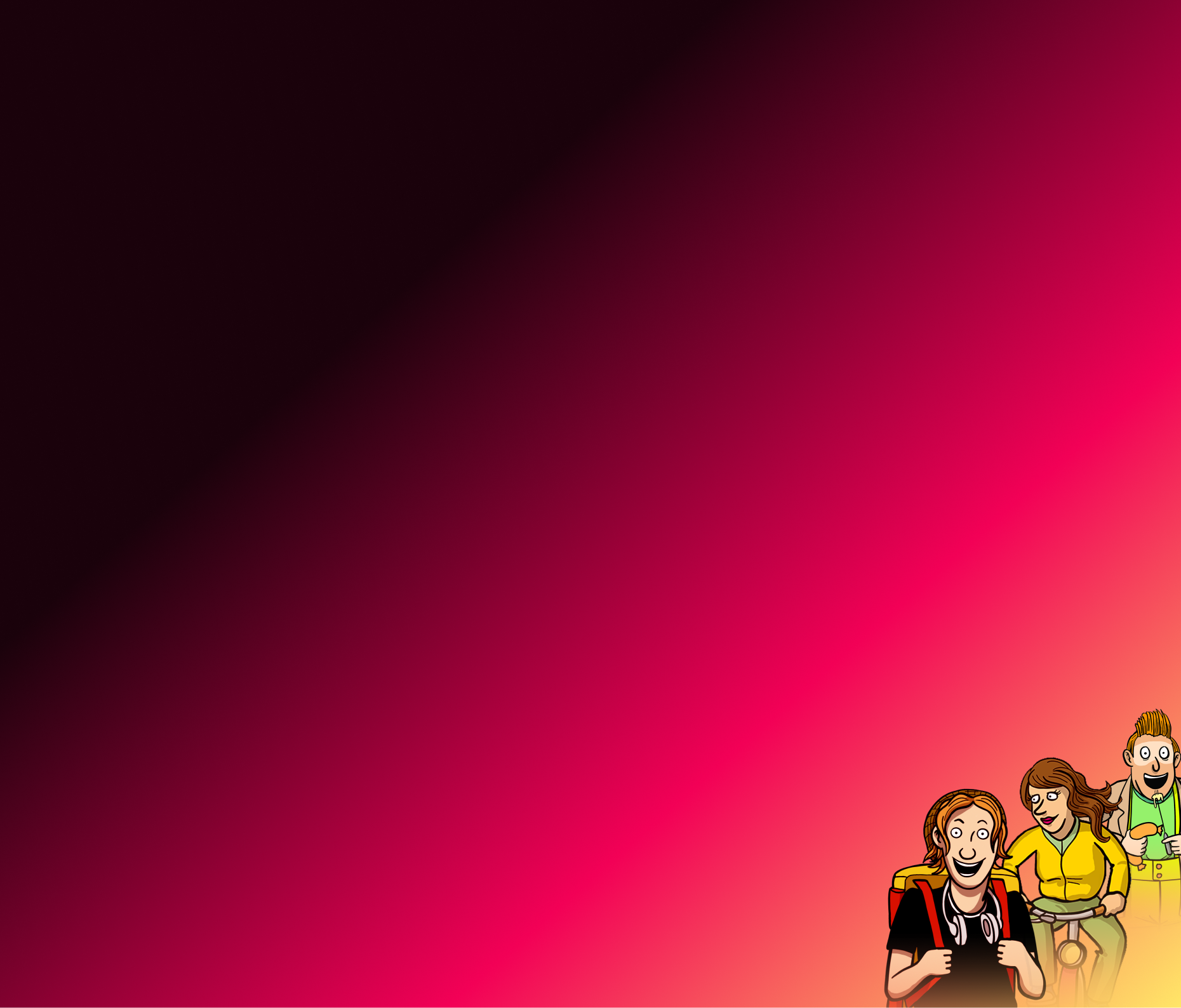Sentences using dass
You can use dass (that) to join two sentences.
Ich bin froh, dass du da bist. (→ Ich bin froh. + Du bist da.)
I'm glad that you're here. (→ I'm glad. + You're here.)
Ihr wisst, dass Betty einen Plan hatte. (→ Ihr wisst. + Betty hatte einen Plan.)
You know that Betty had a plan. (→ You know. + Betty had a plan.)
After dass (that), the conjugated verb comes at the end of the sentence. Structure: ..., dass + subject (+ additional information) (+ verb in the infinitive) + conjugated verb.
Wir denken, dass Anna das Hotel behalten wird.
We think that Anna will keep the hotel.
Es tut mir leid, dass ich nicht kommen kann.
I'm sorry that I can't come.
Dass (that) is often omitted in colloquial speech. In this case the verb comes after the subject rather than at the end of the sentence.
Ihr wisst, Betty hatte einen Plan.
You know Betty had a plan.
Wir denken, Anna wird das Hotel behalten.
We think Anna will keep the hotel.
Still facing difficulties with 'Sentences using dass'? Learn and enhance your German grammar through our online German course. Start with a free test and improve today!
What our users say:
Improve your German further and test Wunderbla, online German lessons.

